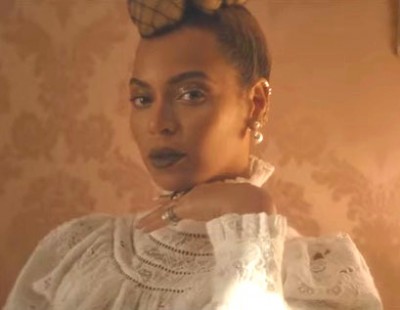 Queen Bey in Louisiana couture (Parkwood)
Queen Bey in Louisiana couture (Parkwood) This "Say it out it loud, I'm black and I'm proud" (a James Brown anthem) moment is an important one, both at large and for Beyoncé. Something like this is rarely done in pop, an arena primarily focused on messages that can be absorbed by the general populous for the sake of commerciality; a populous that just so happens to be predominately white. Beyoncé could have initiated a charge for more of this in the genre and a creative shift for herself, as this is her most blatantly socio-political statement. In an atmosphere where racial tension and the challenging/questioning of blackness is back on front-page news, this kind of move to add to and further the discussion, and encourage pride in heritage is necessary and valued. That said, where "Formation" falls significantly short of its glory is in the most crucial place: the lyrics. Remove the aforementioned quote and all you have is overly-repetitious braggadocio that didn't require much brain-power to conceive and barely has anything to do with the point she was trying to convey. The song cannot stand on its own; the visuals did the heavy lifting. In music, visuals are meant to accentuate, not do all the speaking and work for you. If someone were to just read the lyrics or hear the track by itself (as some people I know did), the meaning could easily be lost in translation, defeating the entire purpose. Everyone knows that lyrics are the heartbeat of a piece; it's what stands no matter how or by whom a tune is delivered or performed. They're what's quoted and tattooed on bodies. Beyoncé took this powerful concept and rested it on ONE refrain; this occasion is too momentous to be effectuated in such a surface, half-done and lazy manner. Sam Cooke's "A Change is Gonna Come," Stevie Wonder's "Heaven Help Us All" and Nina Simone's "Young, Gifted and Black" (which all are still applicable today, unfortunately) are classic staples because they really tapped into the minority experience and the anguish of the period. Bey missed a 24-karat gold opportunity to give a millennial testimony; like, she could've actually talked about police brutality. She could've made it even more personal and addressed issues that have directly affected her, such as racial politics in the music industry or white feminism's ever-active attack on her and other black female icons. If we're going to "Say it Loud," let's really do it.
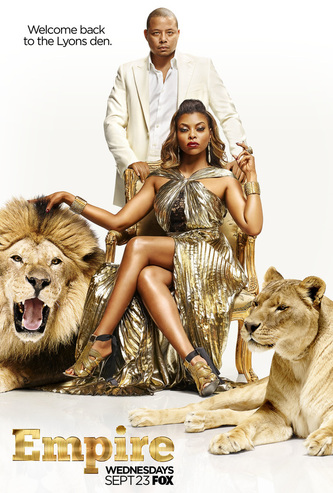
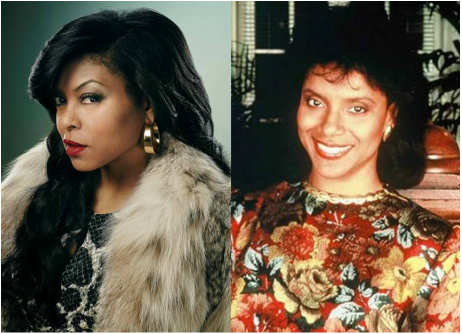
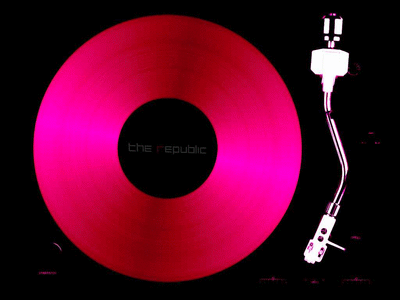
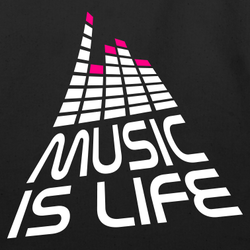
 RSS Feed
RSS Feed